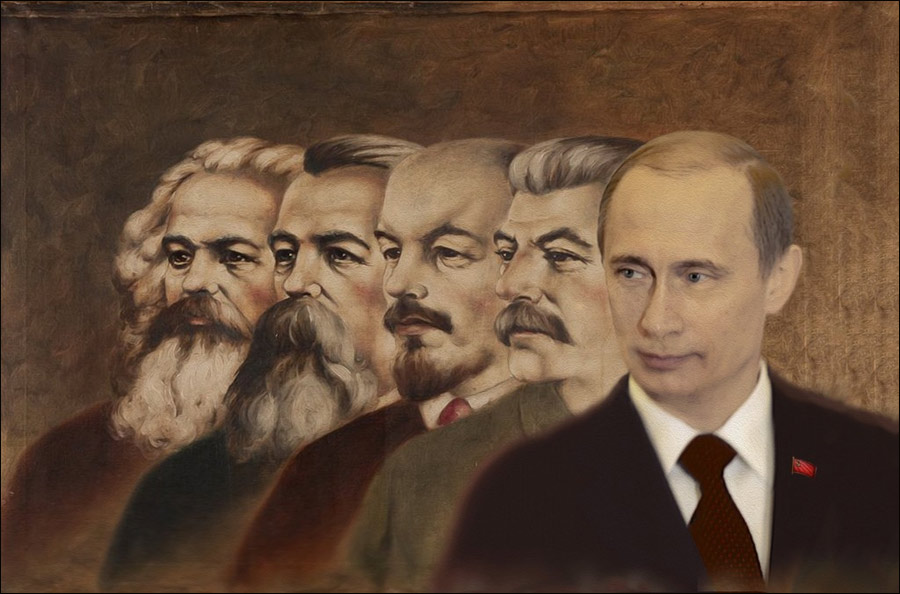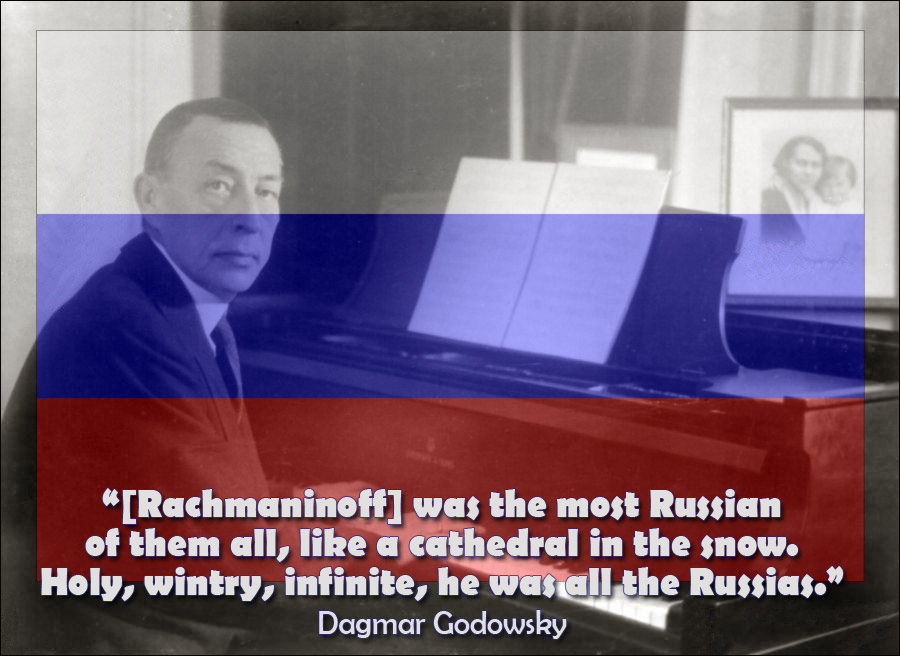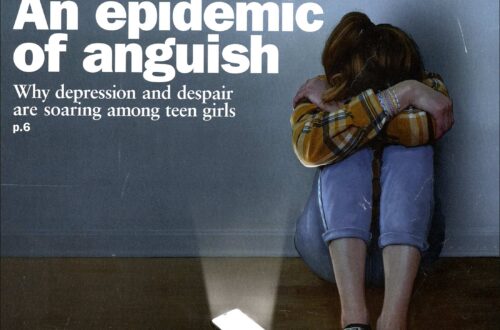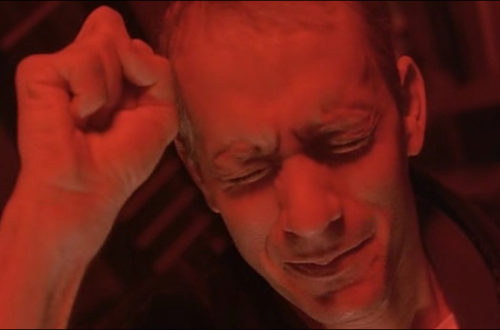After my daughters went to sleep around nine last night I enjoyed my free hour before my own bedtime by sitting down in front of my flat screen TV to enjoy my Bose Soundbar 300 and Acoustimass (subwoofer) wireless sound system. The setup is new, and I am still seeing what it can do. Wow! I pulled up youtube and watched/listened to all 43 minutes of Sergei Rachmaninoff’s 3rd Piano Concerto, as played by Russian-American pianist Olga Kern.
I have always loved Rachmaninoff. Critics claim his music is “sugary sweet,” as if the pieces were semi-cliched soundtracks for romantic movies. I strongly disagree. Young piano virtuosos supposedly line up to prove their bona fides by impressing with the difficult “Rach 3,” and it sure dazzles to watch the hands flashing all over the piano keys. Anyone who can create music like that holds me in awe, the same way I find it magical that a person can create from their imagination novels such as Anna Karenina or Crime and Punishment.
I have always had a soft spot for Russian high culture. In college I read almost all Dostoevsky’s novels and they literally changed the way I saw the world (at least temporarily). I read just about all Tolstoy’s fiction and loved it (his non-fiction I found tedious and preachy). Then there is Turgenev’s Fathers and Sons — just as good as any of the French or English mid-19th century prose. Pushkin and Lermontov, also. Not only in literature but in music, too There are moments in Peter Ilich Tchaikovsky’s oeuvre that are as sensitively haunting and brilliant as anyone ever wrote into music. Then there is the rich Russian music of Sergei Rachmaninoff — I can hardly hear the beginning of his second movement of the 3rd Piano Concerto without feeling the freezing cold at Varykino and seeing Boris Pasternak’s Zhivago beside his Lara scanning the winter landscape for signs of howling wolves and his impending doom.
I absolutely love this idea of Russia. Anna Karenina and Vronsky. Pierre blundering his way through War and Peace. Dostoevsky’s protagonists struggling to live decently. Onegin unwillingly kills Lensky in a duel. The romantic tension between Bazarov and Madame Odintsova. Grigory Alexandrovich Pechorin, the “superfluous man,” debating fate and free will. This is the Russia of my imagination.
But I have never actually visited the real Russia. And I doubt I ever will.
Perhaps the biggest disappointment of my adult political life has been the fall of the Soviet Union ultimately converting into a new Russian autocracy. In the figure of Vladimir Putin emerging to rule Russia, who is not dissimilar to the Tsars and Commissars of the past. There was this last (besides China) vestige of dictatorial communism that had been rightfully pulled down by its own people (North Korea and Cuba don’t count), and then Russia could have become a “normal” country with an independent civil society that could act as a brake to centuries of authoritarian rule. They could have open elections and emerge from the age of Soviets and Tsars into a country not terribly unlike Norway or Finland. This did not happen. Russia will stand in opposition to the rest of Europe as a challenger, not merge into it as a participant.
Maybe I was naive in thinking Russia could shake off its history of top-down rule so quickly. But the chaos of Yeltsin and the 1990s melted into the reaction of Putin and more quasi-dictatorial rule, and the Russian people don’t seem to mind. Putin is another “good Tsar” in the eyes of many. Much of the rest of the world — particularly the United States — are cast as the enemy. The Soviet Union was dissolved for…. this? A former KGB officer to lead the nation into something similar to the past?
Many Russians would say that it is the West, and the United States in particular, that trashed Russia after the fall of the Soviet Union. It was the West that wanted to shrink Russia from a superpower into a regional power (for its own advantage). It was the West that expanded NATO up to the borders of Russia. It was the United States that cast Russia into a corner. Russia, it has been expressed, is its own unique phenomenon and will never be “just another country” like Sweden or the Czech Republic. It will not ape the democratic institutions of the West. Russia is Russia.
And so the state of things seems to rest today. Russia and the West are not (yet) open enemies; they more so seem wary adversaries. Luckily, there is no real conflict both sides would fight over. Not a Cold War but more of an uneasy peace simmering with resentment and suspicion.
How sad!
What a missed opportunity.
But the large-hearted, sensitive Russia or Dostoevsky or Tolstoy or Turgenev or Rachmaninoff or Pasternak? I wonder if that can even be found in the Putin and friends oligarchy of 2018 — clever authoritarianism. I just finished Nothing Is True and Everything Is Possible, by Peter Pomerantsev. Russia struggles into the future, making it up as it goes.
What is Russia today? A democracy? Not by almost any measure. It is a dictatorship? By many measures yes, but it is not like the old Soviet Union — it is smarter, more nimble. Its genius is in muddling the truth and confusing and dividing its enemies, internal and external. It does not stand for anything by itself. It is not capitalism or anti-capitalism (like the Soviet Union). It is a led by an espionage expert; it is obfuscation and counterpunching.What exactly does Russia stand for? Putin is not about any larger idea like communism or democracy. Putin stands for efficiency, authority, power — Russia, as he sees it. Putin need not say any more, and he doesn’t.
But Russia, as a petro-state and authoritarian power, is kidding itself. There is no long-term alternative to a civil society with an independent press and free elections. Allowing for open markets and economic growth in a diversified market that can allow a nation to evolve and change gradually and thereby prevent revolutions that happen suddenly. Political pluralism and cultural dissent. It might be messy, but is it healthy. This is precisely what Putin will never allow in any large measure.
During the revolutionary era in American history, Massachusetts Congressman Fisher Ames claimed in the House of Representatives back in 1795: “A monarchy is a merchantman which sails well, but will sometimes strike on a rock, and go to the bottom; a republic is a raft which will never sink, but then your feet are always in the water.” Putin has made himself monarch of Russia and brokered a truce to managing change: there will be none, but there will be stability. Russia appears stable; Putin appears to be popular. People don’t have their feet “always in the water.” But all dictators look great, until the last ten minutes, as Jan Masaryk predicted (before Russian agents through him out a window to his death). Will Putin, or some future Commissar/Tsar, endure another revolution? Russian history would suggest the answer is “yes.”
With his KGB Cold War upbringing, Putin is ill equipped to navigate national growth towards a better future. A masterful political tactician, Putin has no real strategic vision. He has no plan to help bring forth a future Russia different from that of its tragic past of autocracy and revolution. He is cut from the same cloth as Brezhnev, Kruschev, Stalin, Lenin, and manifold Tsars. Why then would we think the future will come to be any different than the past? Let us read these words written in May 2018 twenty years from now in May 2038 and we shall see how Putin’s Russia has fared!
And it is not just Russia that appears to have embraced authoritarianism. Vladimir Putin seems to be part of a larger international trend typified by Recep Tayyip Erdogan, Viktor Orbán, Nicolás Maduro, Xi Jinping, Rodrigo Duterte, and Donald Trump. George Soros and his Open Society movement has become a great bogeyman for strongman movements across the globe. There is something foul in the air.
The rise of caudillos across the globe needs to be fought against. I will do my part here in the United States where I can politic and vote. (#nevertrump) Putin is for the Russians to deal with.
It would seem few would join with me in Russia in this fight. On the other hand, the stakes are higher for those in non-free nations.
But, Oh, mother Russia!
I have deep in my heart a love for the Russia of seminal writers and brilliant composers. But this love is utterly divorced from anything I have seen in that country in the past fifteen years. What particularly irks me is how Vladimir Putin has recently called for the repatriation of Sergei’s Rachmaninoff’s remains back to Russia. Putin would appear to be trying to co-opt Rachmaninoff and his music to Russian patriotism. But although Rachmaninoff described himself as “the most Russian or Russians,” he fled the Bolshevik Revolution voluntarily and never returned to the country of his birth. It is precisely the imperious apparatchiks like Putin in the bloody Bolshevik regime that he abhorred and escaped from, and now they are claiming him as one of their own! Rachmaninoff fled revolutionary Russia to the United States where he worked freely as a composer and concert pianist before his death in 1943. Rachmaninoff received American citizenship shortly before he died, and even had his music banned in Soviet Russia after he moved abroad. Rachmaninoff’s family has refused offers by Putin’s regime to move his body back to Russia, thank God.
Pablo Picasso claimed he wanted his famous Guernica painting held outside of his native Spain until dictator Francisco Franco was gone and democracy returned to the country. The famous painting was shown at New York’s Museum of Modern Art until that happy moment in 1981 when Spain again enjoyed the “reestablishment of public liberties,” as Picasso hoped it one day would. Picasso had already been dead for eight years before Guernica was returned to Spain.
Maybe some similar arrangement can be worked out for Rachmaninoff and the emergence of democracy and “public liberties” in Russia.
I think Rachmaninoff would have approved.
But it is hard to believe he ever would have wanted much to do with Vladimir Putin.
And I will hold on to hope that the Russia of my artistic imagination will someday come to look more like the Russia one encounters in real life.
A Russia that looks more like a “normal” country.
More like Spain.
Or like anything other than what Tsars and Commissars (and Putin) have produced for the Russian people.
They deserve better.
They really do.
But only the Russians can put their house in order.
We shall see.
Alas, mother Russia!
“Now it’s Happened”
By D.H. Lawrence
One cannot now help thinking
how much better it would have been
if Vronsky and Anna Karenin
had stood up for themselves, and seen
Russia across her crisis,
instead of leaving it to Lenin.
The big, flamboyant Russia
might have been saved, if a pair
of rebels like Anna and Vronsky
had blasted the sickly air
of Dostoevsky and Tchekov,
and spy-government everywhere.
But Tolstoi was a traitor
to the Russia that needed him most,
the clumsy, bewildered Russia
so worried by the Holy Ghost.
He shifted his job on to the peasants
and landed them all on toast.
Dostoevsky, the Judas,
with his sham christianity
epileptically ruined
the last bit of sanity
left in the hefty bodies
of the Russian nobility.
So our goody-good men betray us
and our sainty-saints let us down,
and a sickly people will slay us
if we touch the sob-stuff crown
of such martyrs; while Marxian tenets
naturally take hold of the town.
Too much of the humble Willy wet-leg
and the holy can’t-help-it touch,
till you’ve ruined a nation’s fibre
and they loathe all feeling as such,
and want to be cold and devilish hard
like machines — and you can’t wonder much.





